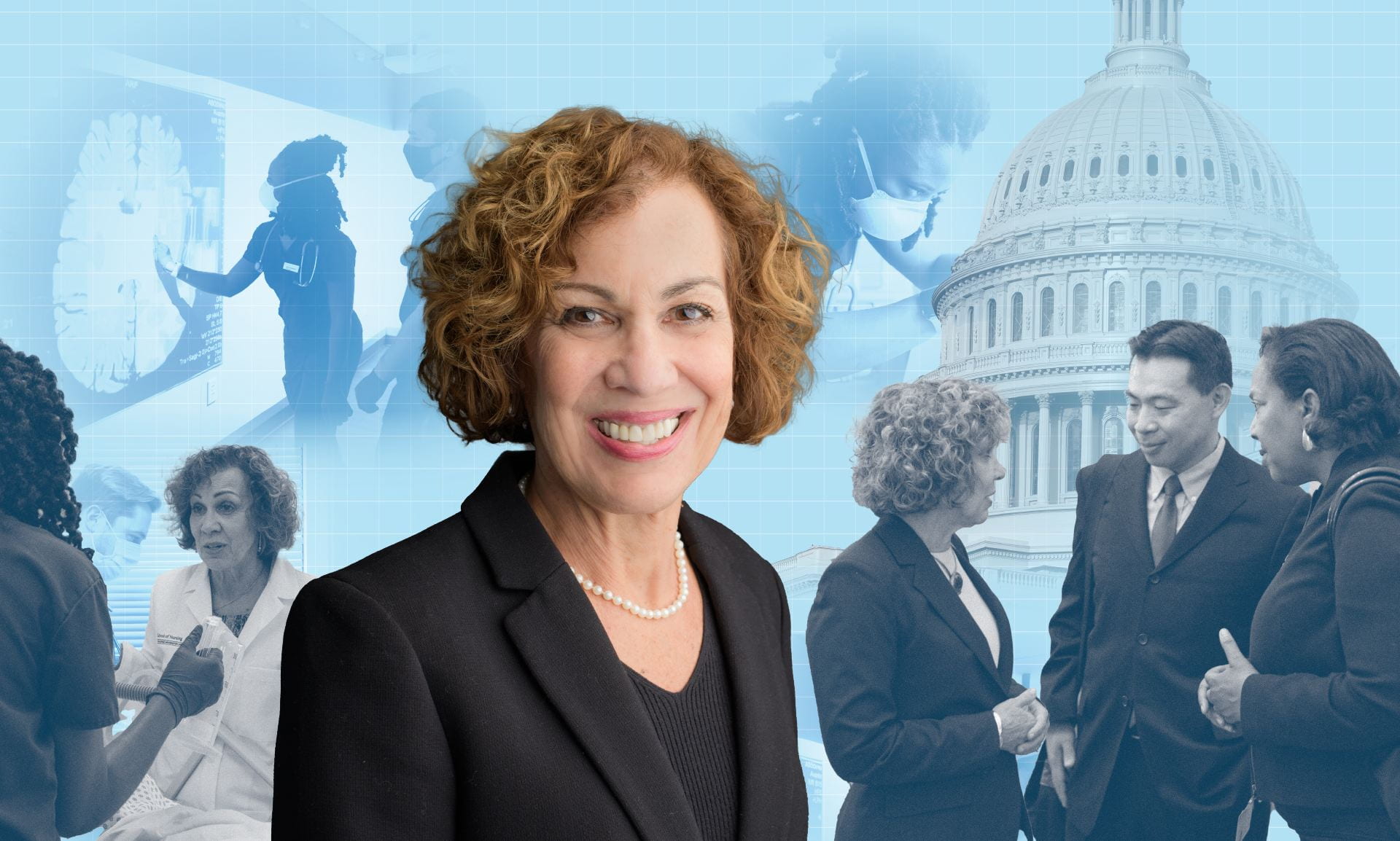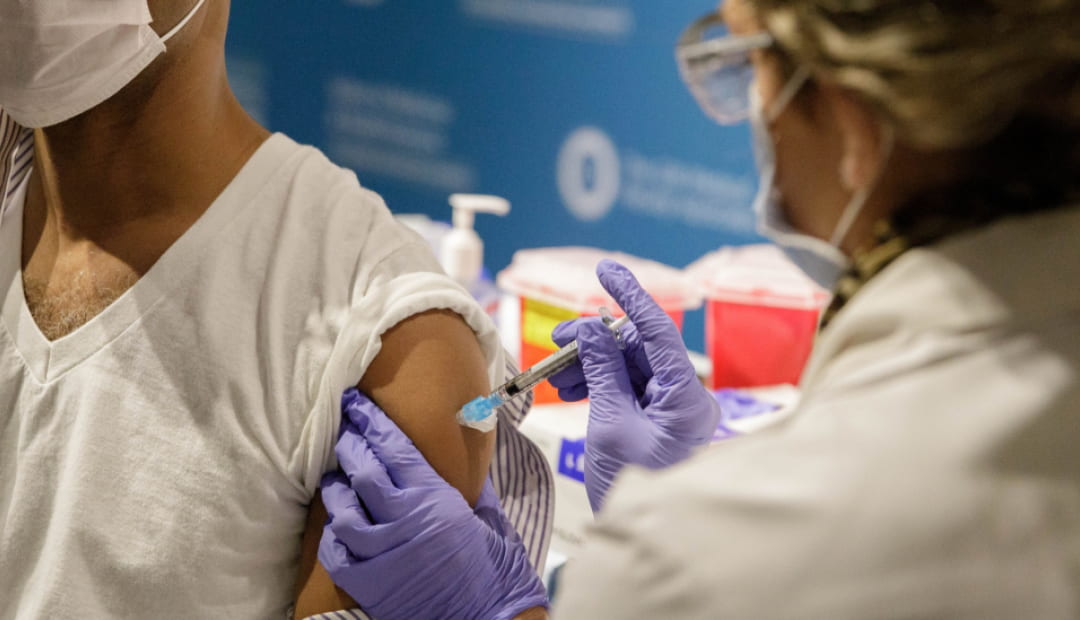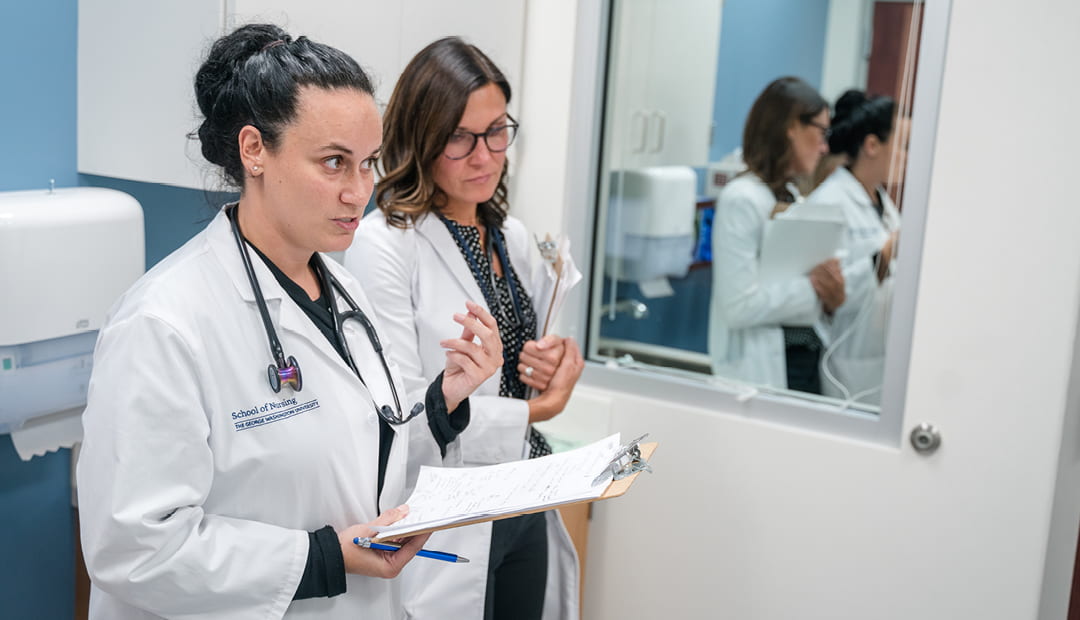Despite the outbreak of COVID-19, which resulted in many sudden changes to the school’s research endeavors, and the university moving to a shared-services model for research administration services, GW Nursing has seen significant increases in its commitment to sponsored research this year.
As exemplars of the schools heightened focus on research are three grants awarded through the National Council of State Boards of Nursing (NCSBN) totaling more than half a million dollars.
Jeongyoung Park secured funding for her study titled, “To what extent is the degree of state scope of practice autonomy associated with malpractice lawsuits filed against nurse practitioners (NPs)?”
“A growing number of states are taking action to expand the roles of NPs—who have the authority to diagnose, treat and prescribe medications,” said Dr. Park. “These states are doing so as a response to emerging health care needs in their communities.”
Recent changes in delivery and payment policies spurred by health care reform, coupled with a nationwide shortage of primary care physicians, are expected to shift greater responsibility for patient care to NPs. “As NPs continue to expand their autonomy and responsibilities, they may become more vulnerable to malpractice exposures,” Dr. Park said.
The overall goal of this study is to examine the extent to which the degree of state scope of practice and prescriptive autonomy is associated with malpractice lawsuits filed against NPs. Dr. Park’s study will use a repository of all malpractice claims against licensed health care practitioners in the U.S. It will also tackle several research questions that address the association between NPs’ increased authority and the magnitude of malpractice claims; differences in the types of claims, allegation groups and severity of injury; and other factors associated with the scope of malpractice claims against NPs.
“As NPs achieve greater autonomy and move into independent practice, it may be necessary to develop additional regulatory standards or processes to better protect the public and promote delivery of high-quality care,” said Dr. Park. “It may also be important to assess efforts to educate NPs regarding their potential exposure to malpractice lawsuits and how best to decrease it.”
Dr. Angela McNelis was awarded funding for her study titled, “Using Screen-Based Virtual Simulation in Family Nurse Practitioner Education.”
“Innovations in nursing education are a funding priority for NCSBN and a necessity for schools of nursing across the globe as we collectively and collaboratively create new learning models that ensure quality preparation and sufficient numbers of nurse practitioners,” said Dr. McNelis.
As demand soars for primary care providers amid the COVID-19 pandemic and physician shortage, NPs are increasingly providing frontline care. At the same time, care delivery to those who are aging, battling chronic health conditions or living in underserved areas continues to be most affected. With NPs consistently demonstrating positive performance comparable to primary care physicians, they can address these needs and the provider gap. Yet, educating enough NPs is a challenge and requires developing and testing novel and pioneering methods for clinical education, such as virtual simulation.
“Generating a robust evidentiary base for alternative approaches, such as screen-based virtual simulation, is critical for nursing education and regulation,” said Dr. McNelis. “The expansion and acceptance of substituting simulation hours for clinic practice hours in NP education, is dependent, in part, on strong and favorable evidence from rigorous, high quality studies. Findings from our study may support a change in regulations similar to the impact the NCSBN National Simulation Study had in pre-licensure programs.”
And Dr. Ellen Kurtzman completed the NCSBN triad with her study titled, “Medical Cannabis: Are Nurse Leaders Prepared?”
As more and more states move to legalize cannabis for medical and recreational use, nurse leaders will face increasing challenges and play greater roles in patients’ access to and use of medical cannabis. Dr. Kurtzman’s study explores nurse leaders’ attitudes toward, knowledge of and experiences with medical cannabis, as well as their awareness and use of The NCSBN National Nursing Guidelines for Medical Marijuana, which were published in July 2018.
“While a handful of studies has examined health care clinicians’ attitudes towards and experiences with medical cannabis… none has focused exclusively on nurse leaders,” said Dr. Kurtzman. “Yet, nurse leaders are pivotal because of their responsibilities and accountabilities for maintaining a safe environment and setting the vision for nursing practice in their organizations.”
The study will examine the perceived barriers to patients’ use of medical cannabis and explore the education and training needs of nurses in the range of settings and organizations in which nurse leaders practice. Given very different state policy environments—to date, 34 jurisdictions have legalized cannabis for medical use and 11 states, plus the District of Columbia, have legalized cannabis for adult, recreational use—this study will also illuminate whether the legal status of the jurisdiction in which a nurse leader practices predicts the level to which he or she is prepared to deal with patients who use medical cannabis.
“NCSBN has shown tremendous leadership in publishing guidelines for nurses about medical cannabis,” said Dr. Kurtzman. “This study will contribute to our understanding of these guideline’s utilization in the real-world and provide a baseline against which we can gauge changes in nurse leaders’ knowledge and attitudes towards medical cannabis as state-level policy environments shift.”


